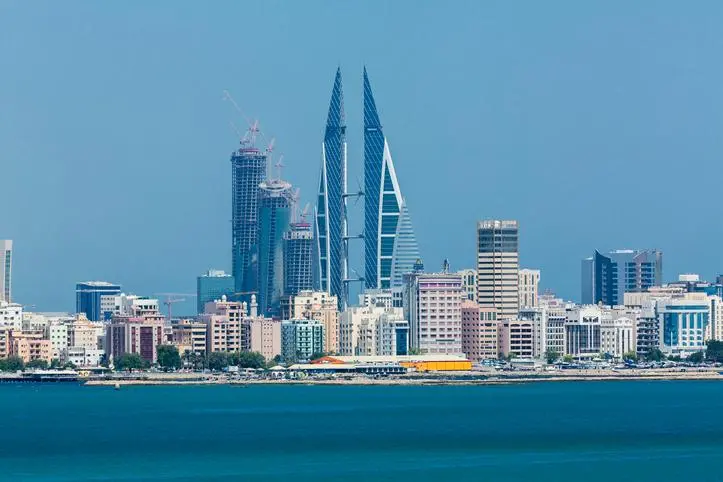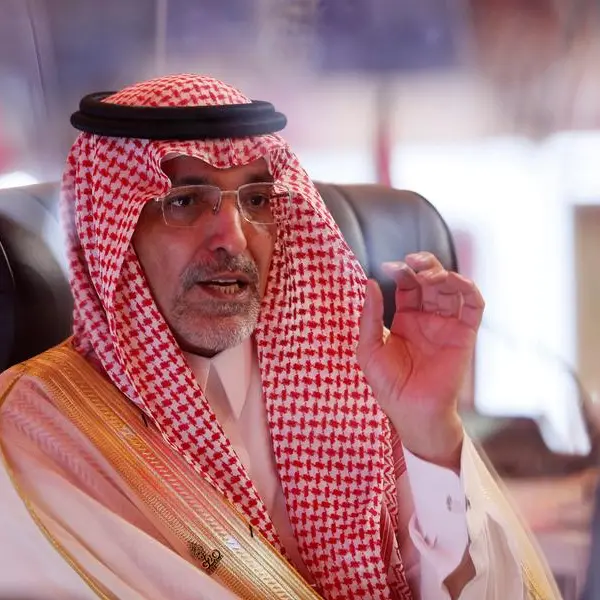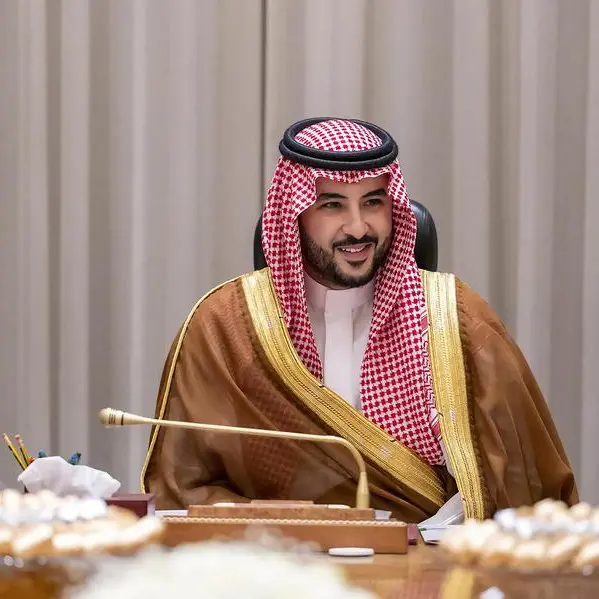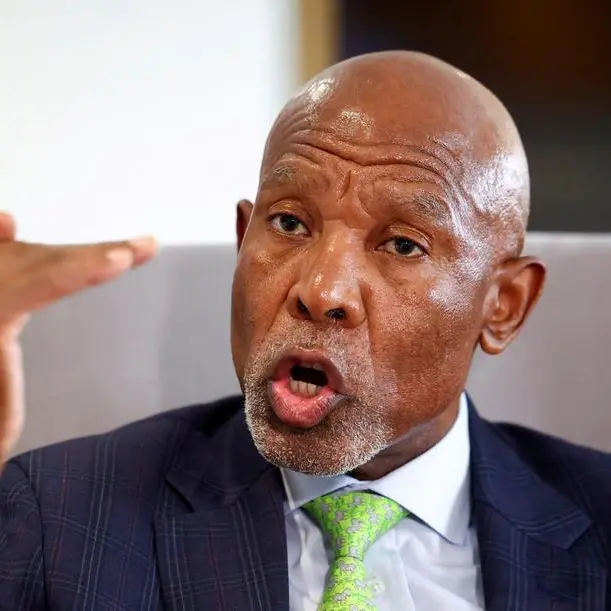PHOTO
DUBAI - Saudi Arabia, Kuwait and the United Arab Emirates reiterated their support for Bahrain's plans to balance its budget, a move expected to help their neighbour in the debt capital markets despite delays in plans to fix its heavily indebted finances.
The three Gulf allies extended a $10 billion aid package to Bahrain in 2018 to help it avoid a credit crunch.
Last month Bahrain said that due to the coronavirus crisis last year, it had postponed the target year for a balanced budget to 2024, and announced plans to hike a value-added tax to boost state coffers.
The fiscal balance programme - a set of reforms aimed at balancing the budget - was linked to the pledged $10 billion.
The ministers of finance of wealthier Saudi Arabia, Kuwait, and the UAE met with Bahrain's finance minister on Oct. 19 to discuss Bahrain's progress in improving its finances.
"The ministers welcomed the efforts made by the government of Bahrain in implementing the Fiscal Balance Program, and the progress made by the government despite the challenges posed by the COVID-19 pandemic", the three countries said in a joint statement.
"The Ministers affirmed their support to the Kingdom of Bahrain’s efforts in pursuing further reforms to enhance fiscal stability and strengthen sustainable economic growth."
Bahrain's delaying of its fiscal balance programme, which pushed back the zero-deficit target by two years, was seen as unlikely to deter investors from buying its debt due to expectations of continued support from richer Gulf allies, bankers and analysts have previously told Reuters.
Bahrain's public debt climbed to 133% of gross domestic product (GDP) last year from 102% in 2019, according to the International Monetary Fund.
S&P forecasts Bahrain's budget deficit, which was 16.8% of GDP last year, to average 5% between 2021 and 2024, excluding the impact of a possible hike in value-added tax.
The Arab Monetary Fund assessed the fiscal program achievements, the statement said.
(Reporting by Enas Alashray, Davide Barbuscia; Editing by Andrew Heavens and Kim Coghill) ((maher.chmaytelli@thomsonreuters.com;))





















